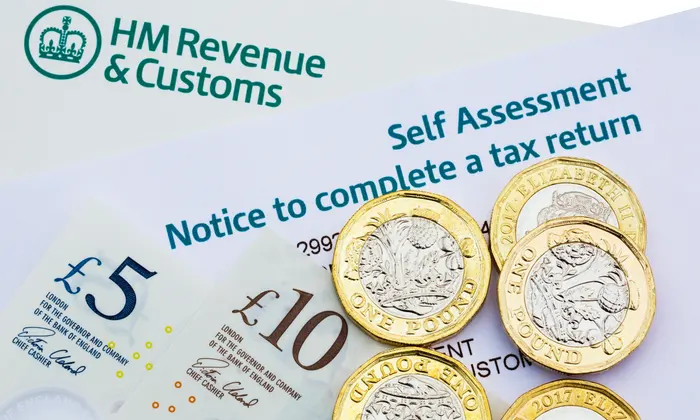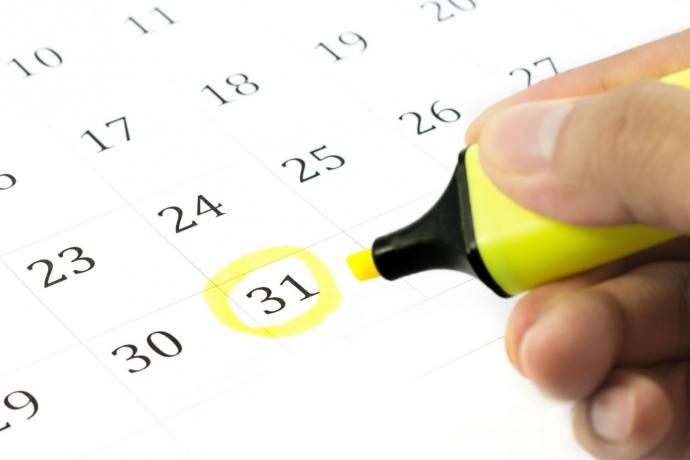“Mastering the Self-Assessment Deadline: An Essential Guide for Accountants”
Introduction: As the clock ticks towards midnight on January 31, 2024, accountants find themselves in the midst of the Self-Assessment tax return season. This period, known for its high stakes and stress levels, demands meticulous planning and proactive measures to ensure a smooth and efficient process. In this blog post, we’ll explore strategies to tackle the challenges posed by the looming deadline and busy season.

Self-assessment Deadline:
The 31st January deadline not only marks the submission of tax returns but also necessitates the timely payment of tax bills. Missing either of these deadlines comes with penalties. It’s crucial for accountants to emphasize this to clients and foster a sense of urgency regarding both aspects.

- Managing the Busy Season: The Self-Assessment tax return season has evolved into one of the busiest and most stressful times for accountants. The increasing stress is often compounded by clients providing data near the deadline. To alleviate this pressure, starting early and encouraging clients to share data in a timely manner becomes imperative. While this may not be an option for the current season, there are proactive steps to mitigate stress and enhance efficiency.
- Work in a Systematic Way: The cornerstone of managing the workload during this hectic period is adopting a systematic approach. Creating a daily work plan, setting targets for each task, prioritizing work, and maintaining a workflow chart/checklist can help ensure that no details are overlooked. Keeping track of progress through timely updates, flagging emails, and utilizing reminders contribute to a more organized and controlled work environment.
- Estimate Tax Liability in Advance: Completing Self Assessments at the last minute and informing clients of their tax liability can pose challenges, especially if the amount is substantial or the client faces financial constraints. To address this, accountants can estimate the tax liability before the final steps of the process. By informing clients in advance, they have the opportunity to arrange funds or, at the very least, prepare for the impending financial obligation.
- Have all of the necessary documentation ready: Ensure you streamline the process by preparing all essential documentation in advance. Having the following information readily available can simplify your tasks:
- Client’s Unique Taxpayer Reference (UTR), which you should have received after you registered
- Client’s National Insurance number
- Records of Client’s income and expenditure
- PAYE and VAT records (if applicable)
- Details of any pension or charity contributions
- If your client was also employed, you’ll need your P60, P45 or similar
- Explore HMRC’s online guides for assistance!: Given the high call volumes during this season, consider consulting HMRC’s video guides and helpsheets before reaching out via phone for Self Assessment support. The Self Assessment help and support webpage offers a wealth of valuable information and webinars to address various queries related to Self Assessment.
- Encourage Systematic Data Submission: Proactively engaging clients in the process by requesting systematic data submission can streamline the tax return completion. Requesting clients to fill out tax checklists ensures that no crucial information is omitted, minimizing delays and the risk of errors.
- Prioritize and Plan: The foundation of effective deadline management lies in prioritization and planning. Create a detailed task list, identify critical deadlines, and categorize tasks based on urgency. This systematic approach allows you to focus on high-priority items first, reducing the overall stress associated with looming deadlines.
- Break Tasks into Manageable Steps: Large and complex tasks can be overwhelming, leading to increased stress. Break down significant projects into smaller, more manageable steps. Tackling one step at a time provides a sense of accomplishment and makes the workload seem more achievable.
- Prioritize Health and Well-being: In the midst of the chaos, it’s essential for accountants to prioritize their health. Staying hydrated with 3 to 4 liters of water, taking regular breaks to prevent extended periods of sitting, and incorporating short meditation and stretching sessions can contribute to physical and mental well-being during this demanding season.
Conclusion: As the Self-Assessment deadline looms, adopting a proactive and systematic approach can turn the chaotic season into a more manageable and efficient process. By implementing these strategies, accountants can navigate the busy season with resilience, ensuring both professional success and personal well-being.
“If you’re interested in Last Minute Tips for self-assessment, you might want to read our previous blog post.”
https://latesttaxbuzz.com/high-self-assessment-tax-bill-10-proven-strategies-to-reduce-taxes/

2 thoughts on “Are you Struggling To Manage Self-Assessment Deadline? 9 New Tips for Accountants”